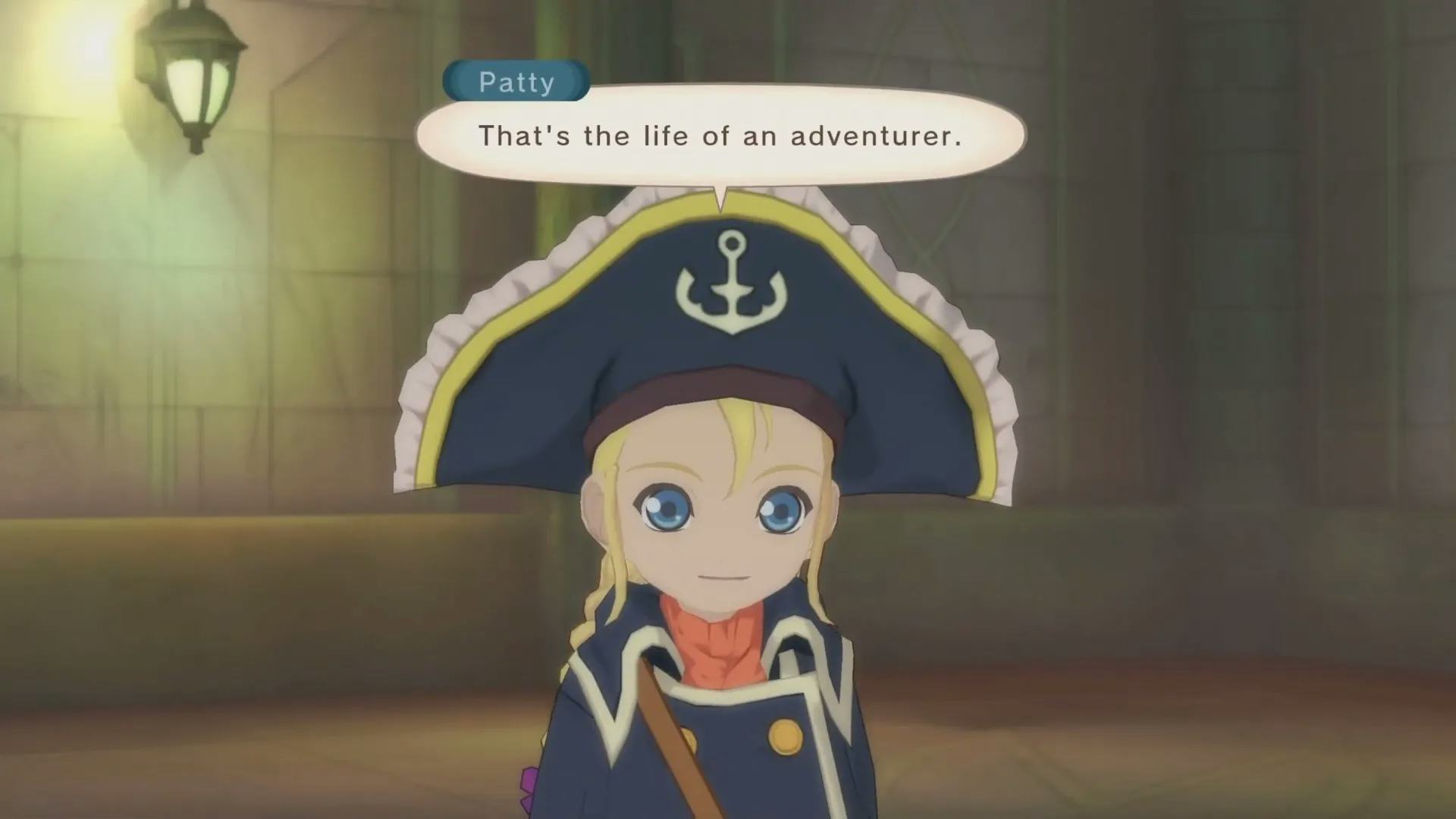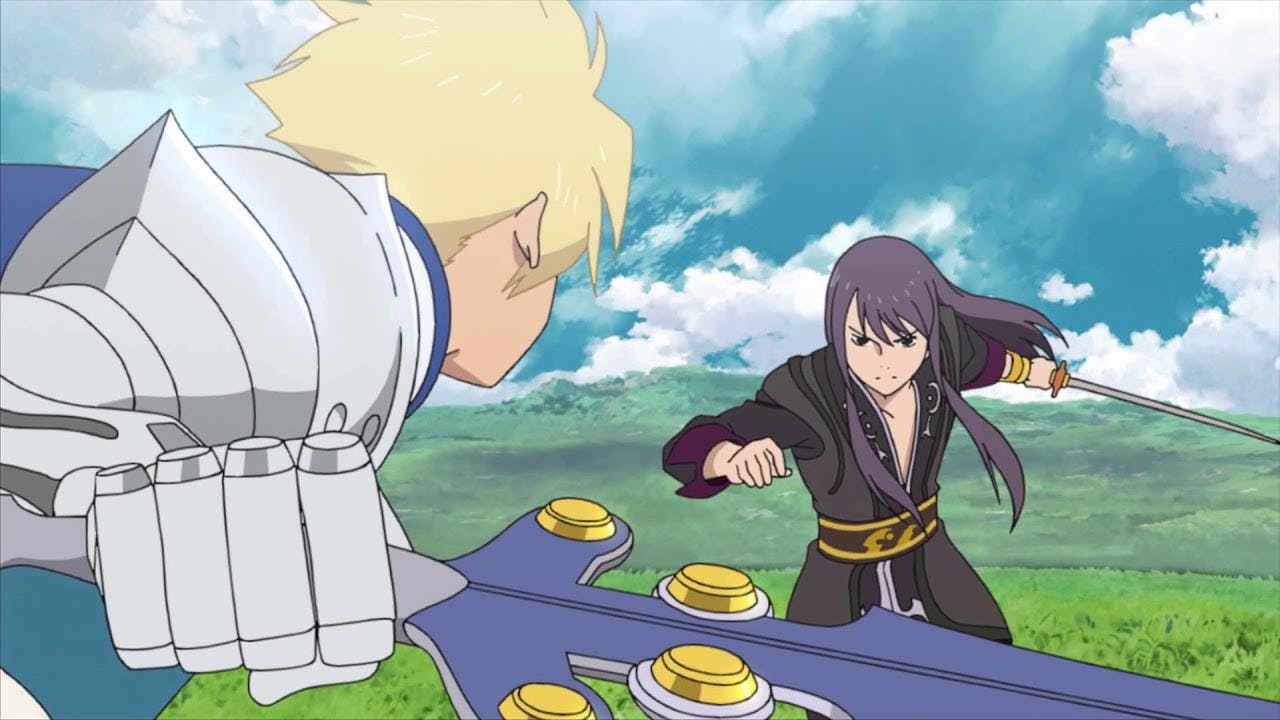
RPG protagonists often fall into two different categories: the bubbly headstrong teenager with a heart of gold, or the dark and brooding yet misunderstood hero. The Tales series has fallen victim to these tropes more than once, but it’s also done a fantastic job of subverting them over the years. Nowhere is that more clear than with Tales of Vesperia, a superb RPG that breaks up the series formula, creating one of the greatest protagonists seen in RPGs. Not content to just leave it there, though, five years ago, Bandai Namco made the best Tales game even better.
Tales of Vesperia was originally released in 2008, but in 2009, an enhanced and expanded version released exclusively on PS3, only in Japan. The PS3 version added an entirely new party member, a wealth of new story scenes, and technical tweaks to many of the game’s systems. In short, it wasn’t a small update. Unfortunately, the West wouldn’t see any of this new content until a decade later, with the release of Tales of Vesperia: Definitive Edition.

The Definitive Edition adds some crucial story scenes that add more context to the story, and makes more of the original game’s scenes voiced. This ultimately reinforces Vesperia’s best quality, its unforgettable hero Yuri Lowell.
Yuri breaks not only the mold of the Tales series, but RPG protagonists in general. A lot of RPGs in the style of Tales games are coming-of-age stories, but we’re introduced to Yuri after he’s had that moment. At the start of Vesperia, he’s a down-on-his-luck 21-year-old, living in the slums of the Imperial Capital after he disgracefully left the Imperial Knights. There’s a sense of maturity that makes Yuri feel so drastically different from most other protagonists. He’s already world-wise and knows full well the corruption that grips the Empire.
That being said, Yuri has lost his way in life and clearly lacks a sense of purpose, but that’s what makes his story so compelling. Instead of a coming-of-age tale, Vesperia gives us a character whose life didn’t pan out after his youth. It’s inherently relatable, because not everyone has an easy time finding their way in life, especially in their early twenties.
What makes Yuri even more fascinating is the way the overall narrative of Vesperia utilizes him. Although he’s the main character of the game, the plot doesn't revolve around him. Yuri isn’t the chosen one or the immovable hero. He’s a mirror to reflect the game’s questions about morality. Vesperia wisely knows that its hero doesn’t need to be the catalyst for its narrative, and instead, its larger story runs alongside Yuri’s own.

Yuri’s relationship with his childhood Flynn is a central pillar of the story, and Flynn is a knight who works tirelessly to see justice meted out. Interestingly, Yuri thinks of himself as the opposite of that, he has to do the dirty deeds to keep Flynn’s morality and conscious clean. This results in some morally questionable moments for Yuri, including a shocking mid-game scene where he willfully commits a major crime in the dead of night.
So many games use an anti-hero, but seldomly do you see those games make players reckon with the morality of its main character. Vesperia constantly makes you realize that Yuri is one step away from becoming one of the villains you’re fighting, and it’s the rest of the party that keep him centered and on the right path. It’s an incredibly compelling arc for a protagonist, that to this day feels drastically different from anything out there.
Yuri Lowell might be the heart of the game, but Tales of Vesperia gets so much right, from its fantastic combat system to its dynamic ensemble cast. The Definitive Edition enhances Yuri’s unforgettable tale in every way, making the game drastically more fun to play, while also providing some crucial new scenes. It’s secured Tales of Vesperia’s place as an all-time classic that anyone, and everyone, can play on modern consoles.







